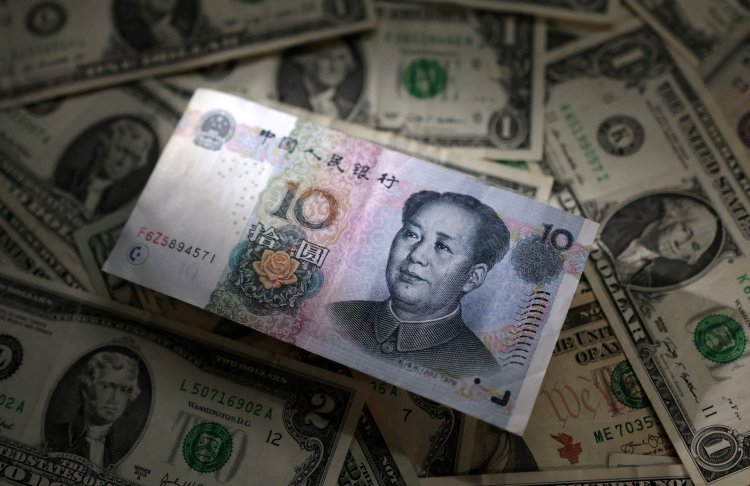Countries abandoned the dollar in their dealings
Today, the indicators seem clear, as the countries of the world turn to complete exchange deals with other currencies.

The head of the Philippine Central Bank, Felipe Medalla, said in previous statements that the dominance of the US dollar will fade more and more with time, on the sidelines of the spring conference of the International Monetary Fund and the World Bank in Washington.
The reason for the cohesion and strength of the dollar in the past was its pricing and linking it to oil, so oil transactions were only conducted in dollars, and this situation has remained in place since 1971, when the dollar was disengaged from gold.

currency war
Today, the indicators seem clear, as the countries of the world turn to complete exchange deals with other currencies, and although these moves, which herald the so-called "currency war", are accelerating, their impact has not appeared in a devastating way so far.
It is expected that dollar share will decrease to 40% if its contribution to international trade decreases from 50% to 33%, after the dollar controlled the largest percentage of foreign reserves in central banks globally in 1999, which represented about 71%, and in 2014 it shrank to 66%.
In addition to these statistics, the past period witnessed many trade exchange operations in currencies other than the dollar, as trade exchange agreements followed, abandoning the state, as follows:
- China and France priced an Emirati gas shipment of 65,000 tons of natural gas in the Chinese currency, the yuan.
- Brazil and India have agreed with China that the trade exchange between them will be in yuan.
- Other countries in Asia and Latin America are moving to diversify their currency basket away from the dollar.
- India began paying for Russian oil imports in UAE dirhams instead of dollars, even though the UAE currency is pegged to the dollar.
- Saudi Arabia, according to its finance minister, confirmed last January in statements to “Bloomberg” that the Kingdom is open to discussions regarding trade in currencies other than the dollar.

- Brazil, which is the largest economy in Latin America, decided in late March to deal in the Chinese yuan with China in its trade exchange, which amounts to about $150 billion annually.
- Argentine Minister of Economy Sergio Massa announced that his country intends to pay the price of its Chinese imports in yuan instead of the US dollar, in order to reduce the depletion of its reserves of hard currencies.
- Argentina will program “part of its imports in yuan, equivalent to more than one billion dollars, this mechanism will "replace" the use of Argentina's dwindling dollar reserves.


 Shrouq
Shrouq 












